Prime Minister Pham Minh Chinh highly appreciated the strategic location and role of Chongqing Logistics Center in connecting trade; he hoped that the two sides would continue to increase ties with Vietnam.

According to a special correspondent of the Vietnam News Agency, during his program to attend the 8th Greater Mekong Subregion (GMS) Summit and work in China, on November 8, Prime Minister Pham Minh Chinh visited the Chongqing International Logistics Center, China and welcomed the ASEAN express train departing from Hanoi to here.
Located in the center of southwest China, in recent years, Chongqing has played a role as China's transportation and logistics center. It connects the provinces of western China and the countries of the Association of Southeast Asian Nations (ASEAN); the north connects with the large market in Europe through the China-Europe train; the south expands to the Southeast Asian market, connects with ASEAN and integrates with the world. Therefore, the Chongqing International Logistics Center plays an important role.
Prime Minister Pham Minh Chinh visited the booth displaying Vietnamese products; listened to an introduction to the activities of the Logistics Center; visited the wharf and the entire Center. In particular, Prime Minister Pham Minh Chinh and the delegation welcomed the ASEAN express train departing from Hanoi to the Chongqing Logistics Center.
Chongqing International Logistics Center covers a total area of 17.93 hectares, with a construction area of 108,000 square meters. Of which, Chongqing Dry Port is located on the land route in the center of Chongqing International Logistics Zone. Currently, the port has nearly 30 international shipping companies choosing it as a gateway to penetrate into mainland China.
Chongqing Dry Port aims to promote Western China and spread to countries and regions of the Regional Comprehensive Economic Partnership (RCEP). The port has the advantages of "centralization, greening, digitalization, and intelligence," forming four centers: "new land and sea transport route operation center," "international shipping container regulation and coordination center," "import and export cold logistics concentration and coordination center," and "import and export cargo concentration and coordination center."
Currently, new land and sea routes have connected Chongqing with Vietnam in many forms such as rail-sea transport, cross-border railway, and cross-border road.

Chongqing Dry Port has seven major functions including international container transportation and storage; import and export cold chain processing and storage, exhibition and trade, large consumer goods concentration and coordination; freight forwarding; supply chain service platform and financial services. Through cooperation with 14 bonded warehouses in Hanoi, Ho Chi Minh City, Hai Phong, Da Nang... to develop a combination of "logistics + trade + industry development + finance."
Prime Minister Pham Minh Chinh highly appreciated the strategic position and role of Chongqing Logistics Center in connecting trade; he hoped that the two sides would continue to increase connections with Vietnam, by road, waterway, and railway, especially the international railway route from Vietnam through Chongqing, China to Central Asia and Europe to exploit the potential market but facing difficulties in transportation.
Stating that railway transport has the advantage of combining both air and water transport, with a short transit time and not too high freight rates, and safety, Prime Minister Pham Minh Chinh hopes that both sides will urgently invest in upgrading and increasing railway connections to remove bottlenecks in transport to Central Asia and Europe.
Prime Minister Pham Minh Chinh suggested valuing time, intelligence and connection, reopening the “Silk Road” in the new era, creating the future, mutually beneficial cooperation; opening new trade corridors, not only between Vietnam and China but also ASEAN, Central Asia and Europe; asking the Chinese side to closely coordinate with Vietnamese partners, develop logistics, promote trade and related industries so that Vietnamese goods can have more access to the Chinese market and export Vietnamese goods to third countries, especially the Middle East and Europe.

Emphasizing the advantage of its geographical location, Vietnam has a strategy to develop into a transit center for both air and water, with large airports and seaports that have been and will be invested in. Prime Minister Pham Minh Chinh affirmed that logistics development is both a requirement and a potential and advantage of Vietnam; he hopes that China will cooperate, provide financial support, transfer science and technology, train human resources, share management experience and improve institutions... to help Vietnam develop similar logistics centers.
This is the final activity of Prime Minister Pham Minh Chinh during his working trip to China to attend the GMS, the 10th Ayeyawady-Chao Phraya-Mekong Economic Cooperation Strategy Summit (ACMECS), the 11th Cambodia-Laos-Myanmar-Vietnam Cooperation Summit (CLMV) and a working visit to China.
In the evening of the same day, Prime Minister Pham Minh Chinh and the high-ranking Vietnamese delegation left Chongqing city and headed back to Vietnam./.
Source


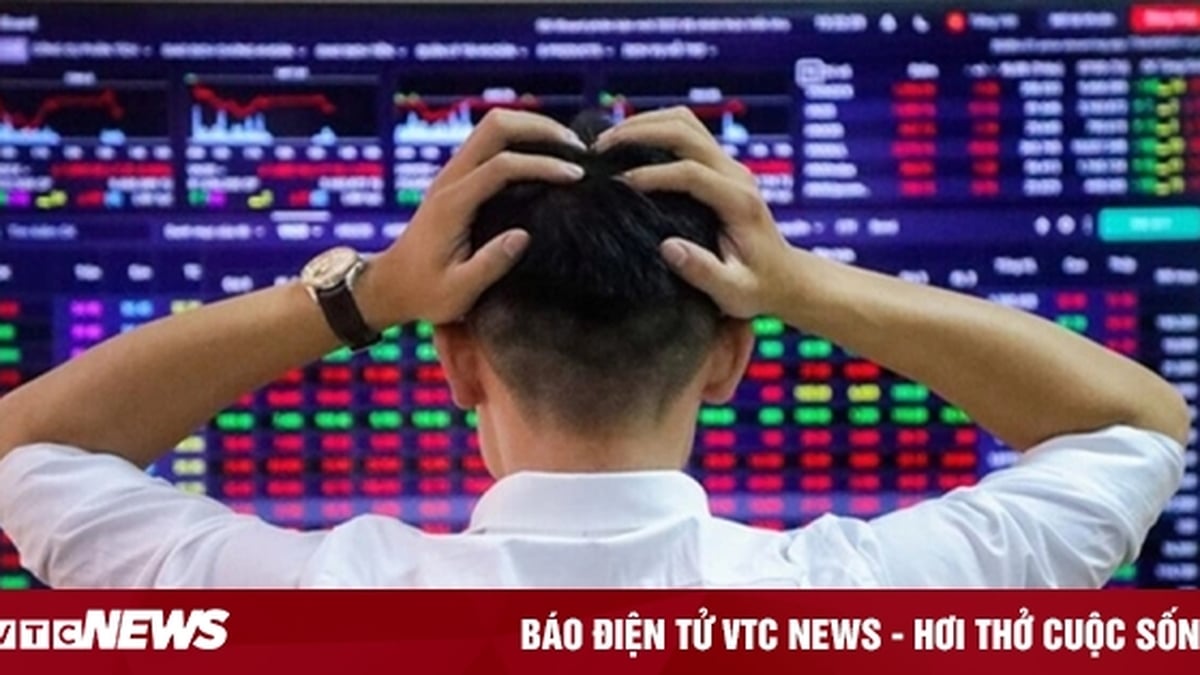




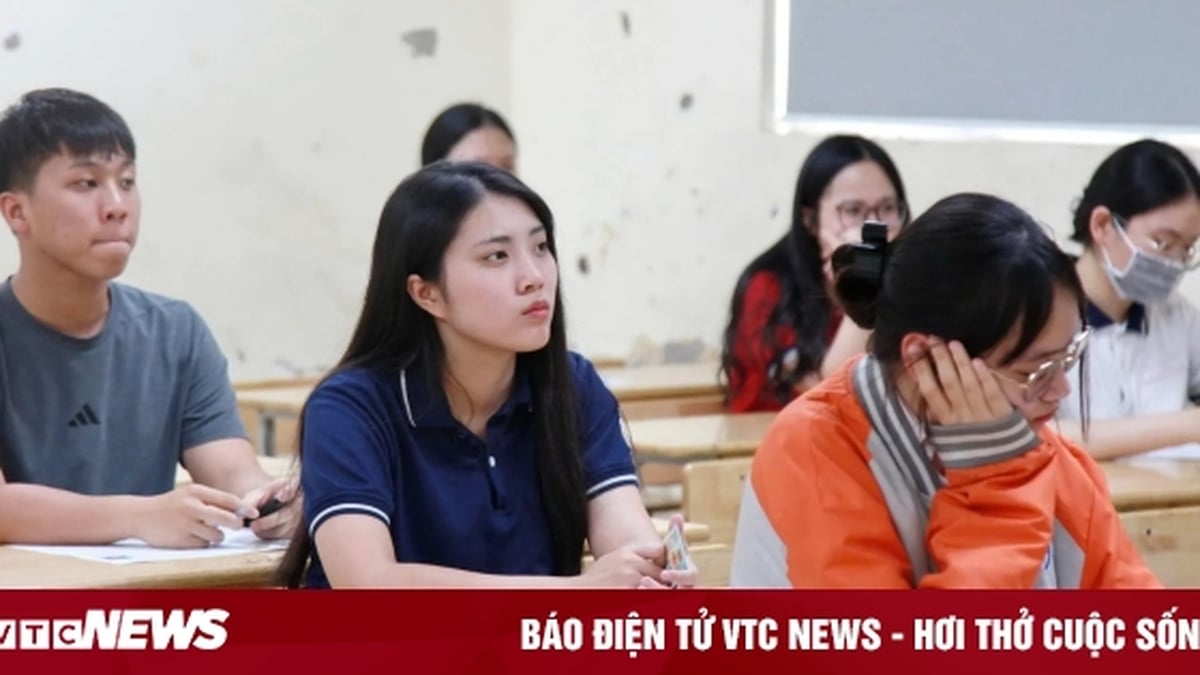
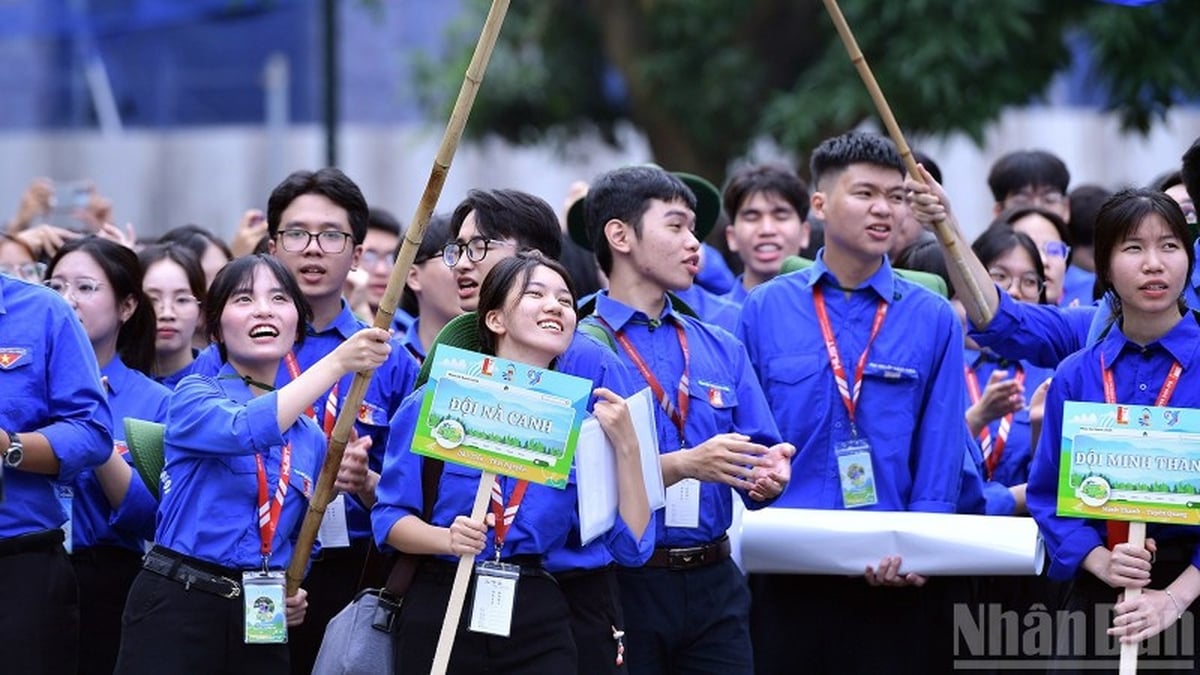


















![[Photo] National Assembly Chairman attends the seminar "Building and operating an international financial center and recommendations for Vietnam"](https://vphoto.vietnam.vn/thumb/1200x675/vietnam/resource/IMAGE/2025/7/28/76393436936e457db31ec84433289f72)


































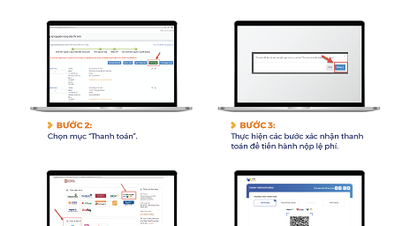
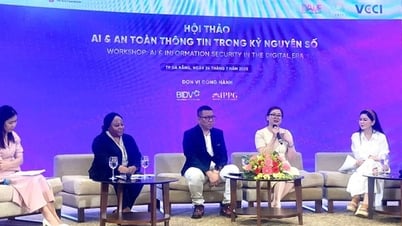

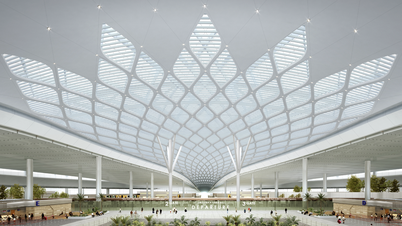

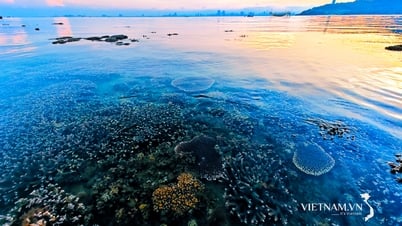
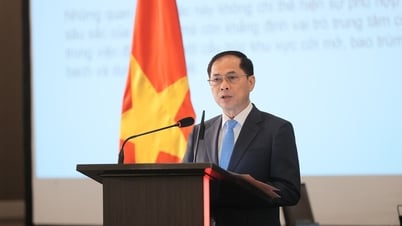

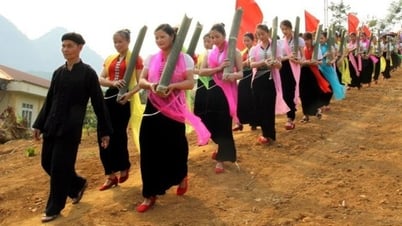

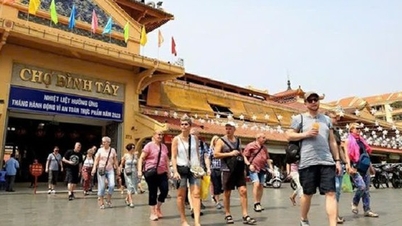
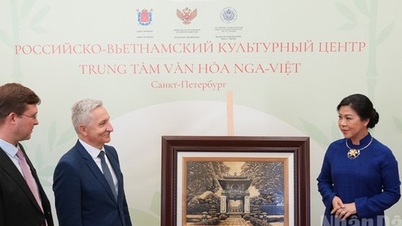

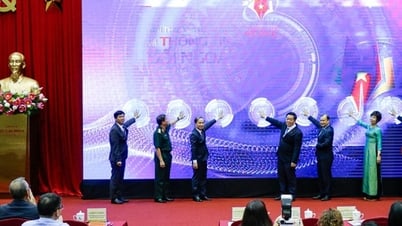
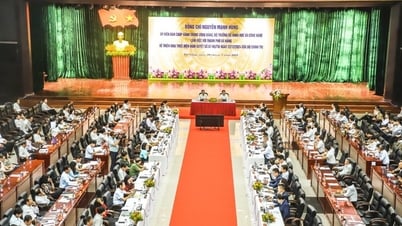























Comment (0)